The Biden administration on Wednesday announced a $1 billion investment to expand access to at-home testing, putting the country on pace to quadruple the number of tests available to Americans by December.
The increase will boost the number of rapid at-home tests available per month to 200,000 by December, Jeff Zients, coordinator of the White House COVID-19 Response Team, said during a briefing in which officials provided updates on testing, vaccinations and therapeutics.
The investment comes on top of a $2 billion commitment to expand access to testing announced in September.
On Monday, the U.S. Food and Drug Administration authorized an additional rapid at-home COVID-19 test from ACON Laboratories. The Flowflex COVID-19 Home Test is the latest of more than 400 COVID-19 tests and sample collection devices the FDA has authorized since March 2020.
Zients also announced Wednesday plans to double the number of local pharmacies that will offer free COVID-19 testing as part of the federal government’s pharmacy program to 20,000 with 10,000 additional community-based sites offering free testing.
“Together the steps we’re taking will ensure that every American, no matter their income level or ZIP code, can access accurate, convenient and affordable testing,” Zients said.
President Joe Biden was expected to travel to Chicago on Thursday to discuss vaccination mandates. Chicago-based United Airlines is among the first major airlines to require COVID-19 vaccination.
“Vaccination requirements work,” Zients said. “New data reinforces that fact each day.”
Zients also updated progress on COVID-19 booster shots, saying that about 4 million Americans have gotten booster shots, doubling the number who received the shots in the first week after the shots were approved on Sept. 22.
“Our booster program is not only up and running, but it’s also accelerating,” Zients said.
Rochelle Walensky, director of the U.S. Centers for Disease Control and Prevention, said cases of COVID-19 and hospitalizations have declined in the past week.
She reported a seven-day average of 97,910 new COVID-19 cases per day, a 12.5% decrease from the previous week. Hospitalizations were down about 14.6% to an average of 7,464 per day and average daily COVID-19 deaths have remained steady at about 1,400.
Walensky said health officials are concerned about the possibility of a severe flu season after last year’s mild season.
“An increase in flu infections and flu severity could put an additional burden on our healthcare system and increase stress on our nation’s healthcare workers,” Walensky said.
She urged Americans to get vaccinated against both COVID-19 and influenza and said it was safe and effective to get both vaccinations at the same time. Influenza kills 12,000 to 52,000 people each year.
“Getting vaccinated against flu and against COVID-19 is the best way that everyone can stay healthy, protecting themselves, their loved ones and their community,” Walensky said.
Anthony Fauci, head of the National Institute of Allergy and Infectious Diseases, updated progress on the Biden administration’s $3.2 billion investment in the development of antiviral treatments.
Merck’s oral antiviral drug molnupiravir has shown promise in trials as a possible treatment that people could take home soon after COVID-19 diagnosis to reduce the risk of severe outcomes, Fauci said, cautioning that the drug still must undergo close scrutiny by the FDA.
U.S. Surgeon General Vivek Murthy touted vaccine mandates, stressing that such requirements are not new, they work and they are essential for protecting the common good.
Murthy pointed out that vaccine requirements have existed throughout the nation’s history, noting that then-Gen. George Washington required soldiers to be inoculated against smallpox in 1777, public schools began requiring vaccinations in the 1800s and doctors and nurses have complied with vaccine requirements for years.
“Vaccine requirements reflect a fundamental reality that our individual decisions affect other people when it comes to COVID,” Murthy said. “We don’t live in a bubble. We live in a community.
“Looking out for one another, for our collective health and wellbeing, is at the heart of what makes us strong and resilient as a nation,” he added. “Vaccine requirements help us continue this tradition of protecting the common good.”
Copyright 2021 United Press International, Inc. (UPI). Any reproduction, republication, redistribution and/or modification of any UPI content is expressly prohibited without UPI’s prior written consent.
—-
This content is published through a licensing agreement with Acquire Media using its NewsEdge technology.



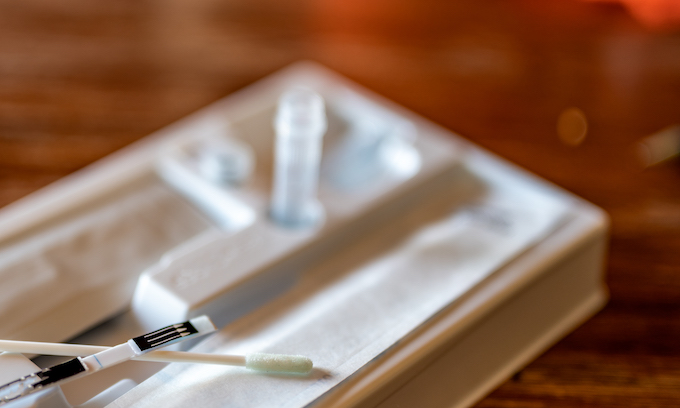
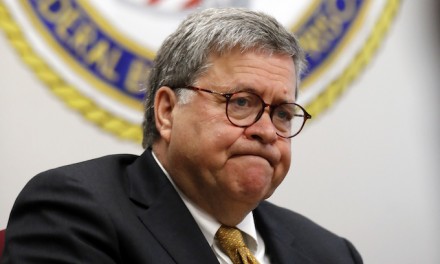
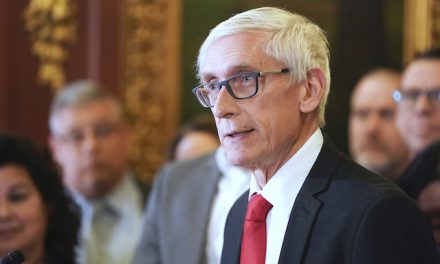
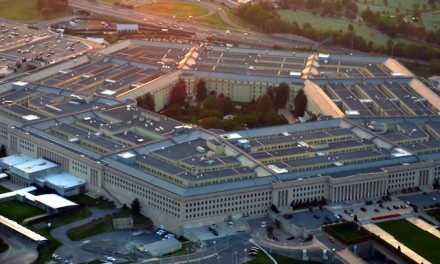
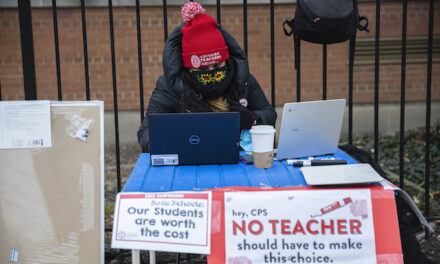







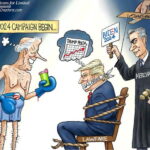



I wonder with the rapid covid tests in our home, whether we will all get Dr. Fauci dolls. On Tucker, they had a photo of Dr. Fauci in his home and Fauci has candles in his book shelf with, with his image on the glass, holding the candles. Just remember, we have to “hail” to Dr. Fauci, as he is the patron saint of fraud and deception!
I’d rather have a fauci target for the firing range.
The Biden administration is singularly obsessed with COVID. Wuhan isn’t as entrenched in COVID as Washington DC. It is COVID this—COVID that—mask mandates—vaccination mandates—social gathering restrictions—it just never ends. They are COVID on auto-pilot.
But all of the different avenues of control that the virus provides them are just too yummy to pass up.
An article two weeks ago that I should have saved explained how Covid is now a cult. They likened the behaviors to those found in cult members.
HALLOWED is the fauci.. Hallowed is the covid! All hail!
Any one else have chronic covid fatigue? The government big dealing less than nothing.
I certainly do.. AND NOT just from the govt, but from damn near EVERY NEWS outlet too..
FOLLOW THE MONEY! Which politician (or their family members) are raking in the bucks for these at home testing kits? Which politician (or their family members) own stock or made MAJOR STOCK PURCHASES in the companies that are going to or have already gotten the contracts. Follow the disgusting swamp slime money trail.
I wonder HOW MANY of these home tests will result in FALSE POSITIVE result? I am predicting it will be high, because Dr. Fauci and Biden Administration need to keep up the China virus FEARS in the people so they can keep up their controls over the population.
That’s why i will REFUSE TO ever get tested.. With the sheer # of folks i’ve known/heard of that got tested, and saw a # of false positives (OR false negatives), is too great for me, to EVER see them as accurate.